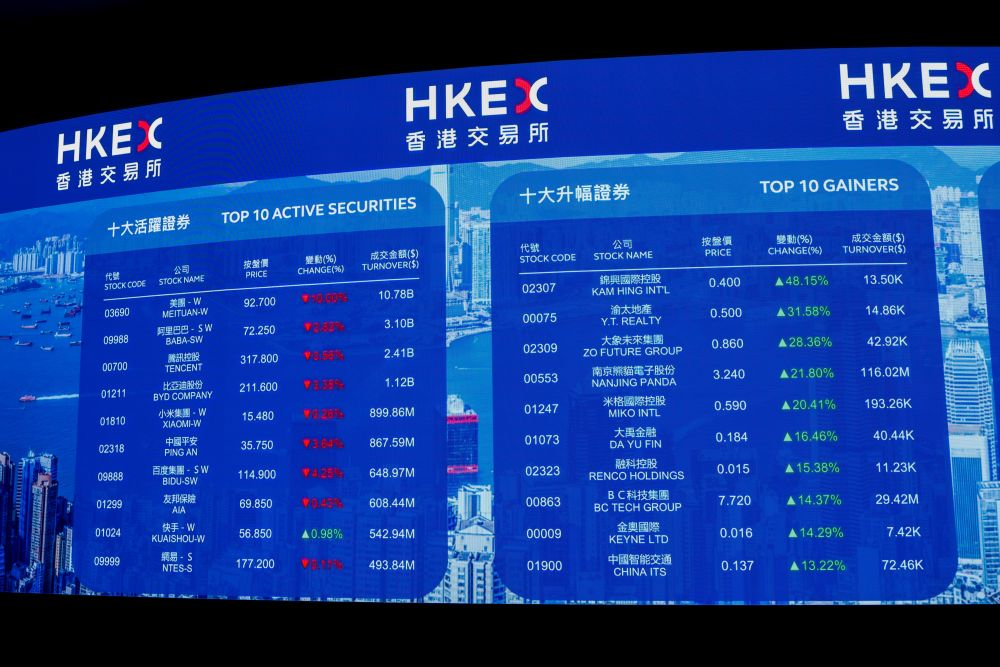Jack Ma’s speech at The Bund Summit on October 24 could be considered one of the costliest in history, having resulted, as is widely believed, in the suspension of the highly anticipated dual listing of his fintech flagship Ant Group, which had been expected to raise US$37 billion, the biggest-ever initial public offering.
In that speech, Ma challenged the “pawnshop mentality” prevailing in the current financial system, by which he meant the inordinate focus on regulations, the banks’ reliance on pledges and collaterals from borrowers, which he said was discouraging innovation.
His controversial assertions aside, a series of bond defaults has rippled across China’s financial system, sparking investor concerns over its 25 trillion yuan (US$3.78 trillion) credit bond market.
On November 10, Yongcheng Coal and Electricity Holding Group, a state-owned coal miner based in Henan province, failed to pay a 1 billion yuan short-term commercial paper upon maturity. (Following the intercession of market regulators, it later paid the interest and pledged to repay the principal.)
The default caught many by surprise, considering that the company had a triple A issuer rating from China Chengxin International Credit Ratings before it slipped into delinquency.
In its third-quarter results, Yongcheng reported a net loss of 319 million yuan, but cash and cash equivalent stood at 32.8 billion yuan. Also, in late October, the company issued another medium-term note of 1 billion yuan. So based on its cash position, it was perfectly capable of repaying the bond.
Amid the Covid-19 pandemic, credit defaults are becoming a “new normal” in China and elsewhere. But Yongcheng’s case is not typical as it has not resulted from weakening financials.
On November 2, just days before the default, Yongcheng announced it was transferring some of its core assets to its parent company at zero cost. Its bond investors were shocked as it implied that the company showed little willingness to repay the bond.
The onshore bond prices of several state-owned enterprises (SOEs) have plunged recently, including those of Tsinghua Holdings and Brilliance Auto. Tsinghua decided not to redeem its perpetual securities and Brilliance Auto failed to pay its bond interest and principal on October 27.
In the offshore USD bond market, Peking University Founder Group missed its debt repayment earlier this year.
All these are expected to have a profound impact on investors’ faith in state-owned enterprises and AAA-rated corporates. For many investors, credit analysis would become irrelevant if the issuer’s asset book value could not be relied upon and defaults could occur anytime without warning.
“The investor’s confidence matters most. When a local government thinks it is an easy decision to shy away from its debt obligation, then the trust in the market will no longer exist,” says a portfolio manager at a Chinese asset management firm which is not exposed to Yongcheng’s bond.
China’s onshore bond market is gaining traction among international investors. However, most of them are only investing in rated bonds issued by government entities or policy banks.
Due to the lack of credit differentiation and unsophisticated investor protection mechanisms, China’s credit bond market has yet to attract meaningful inflows from overseas investors.
And amid this lack of trust and credibility, the pawnshop mentality – the need to ensure that creditors are protected, that what is borrowed is repaid – remains relevant, at least for credit bond investors. Ma’s criticism notwithstanding.









